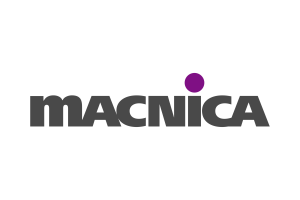Lush-Prize-Nomination
"Skin on a Chip" Avoids Animal Testing
The "Skin on a Chip" of the TU München-Spin-Off cellasys GmbH is nominated for this year's Lush Prize, which is awarded for science, technology, and activism against animal experiments. The technology was developed in cooperation with the German Animal Welfare Association.
"With the skin-on-a-chip model, human skin models can now be used for toxicological investigations in an automatic and reproducible fashion instead of animal experiments ," says Joachim Wiest, Managing Director of cellasys GmbH.
Frank A. Alexander, Sebastian Eggert, and Joachim Wiest developed the technology in Germany, with Alexander now working in the USA and Eggert additionally nominated for the Lush Prize in the category of young researchers. cellasys GmbH was nominated in the category science. "Skin-on-a-Chip" is an automated microphysiometric method that electronically observes 3D skin models over a longer period of time to evaluate the dermatological effects of new substances.
The company also offers multiparametric biochips for measuring cell vitality (impedance, dissolved oxygen, pH, temperature, electrophysiological activity) and changes in bioimpedance on glass substrates as well as customized multiwell plates with various microsensors.
An air-liquid interface ensures that the changes in the skin in air can be simulated by a computer. This is a special feature of this field of research and very similar to the natural conditions on the skin. Joachim Wiest wants to further develop models that have a better prediction of human processes and improve their reproducibility.
Should the prize go to cellasys GmbH, he would like to use the money "to present the skin-on-a-chip technology to a wider public, to accelerate industrial implementation and to establish further 3D models on the IMOLA-IVD technology".





